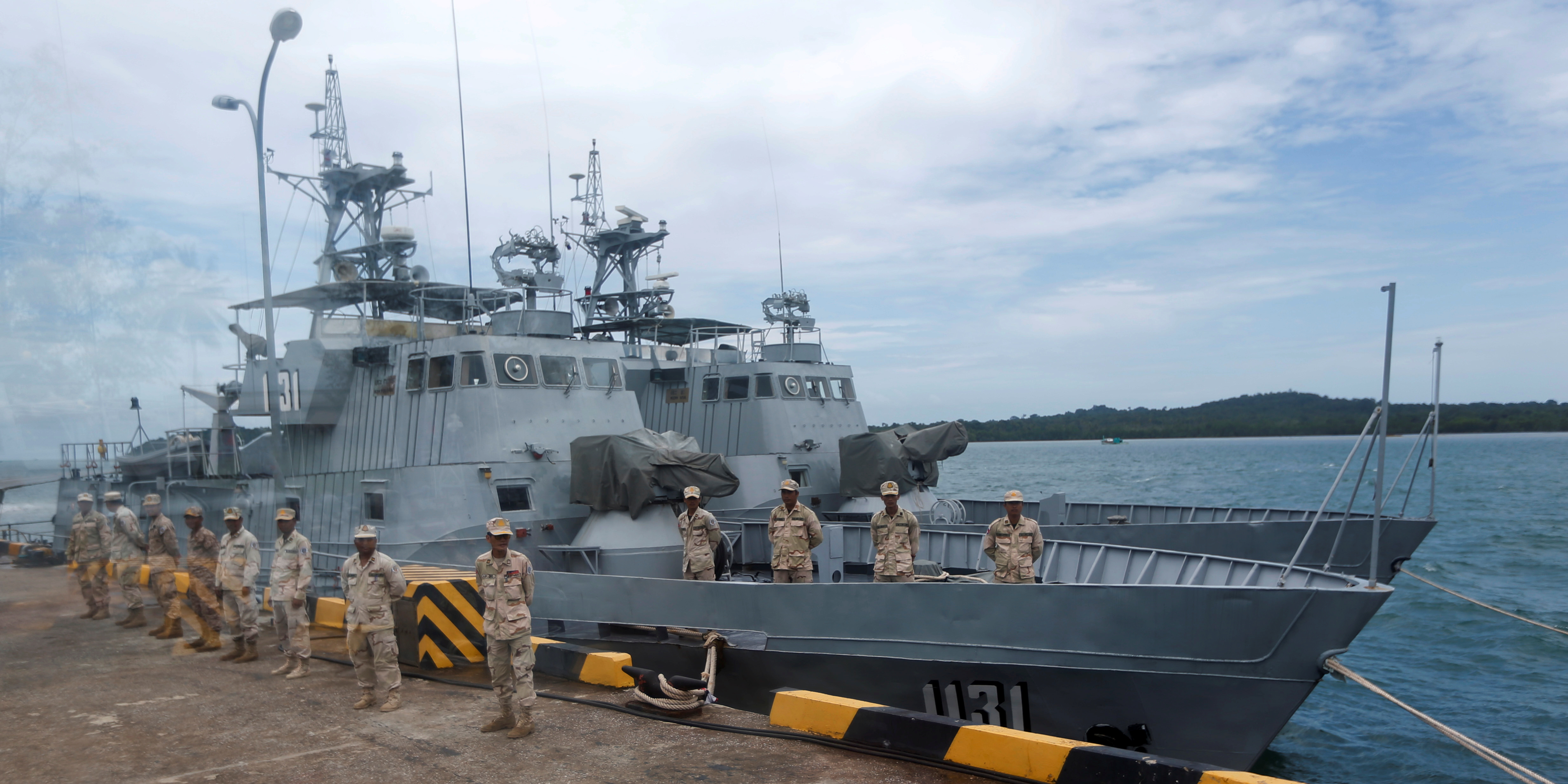- Reports of a deal between China and Cambodia over a naval base have stoked concerns about Beijing’s ambitions in the South China Sea and Indian Ocean.
- China and Cambodia have denied the reports, but the news has the US and other countries reevaluating their relationships in the region.
- Visit Business Insider’s homepage for more stories.
A report that China cut a deal with Cambodia to use part of a naval base is raising concern that Beijing could extend its reach in the South China Sea and over the Malacca Strait, which connects the Indian and Pacific oceans.
The deal, signed this spring, according to The Wall Street Journal, would give Beijing exclusive rights to a 62-acre section of the 190-acre Ream naval base, near Sihanoukville, Cambodia, and not far from a large airport a Chinese company is building.
US officials who saw an early draft told The Journal that the agreement would permit China to station military personnel, store weapons, and dock warships at the base and to use the facility for 30 years with automatic renewals every 10 years thereafter.
Under the agreement, US officials said, China would build two new piers, one for itself and one for Cambodia, though they said dredging was likely needed for larger Chinese warships to use it.
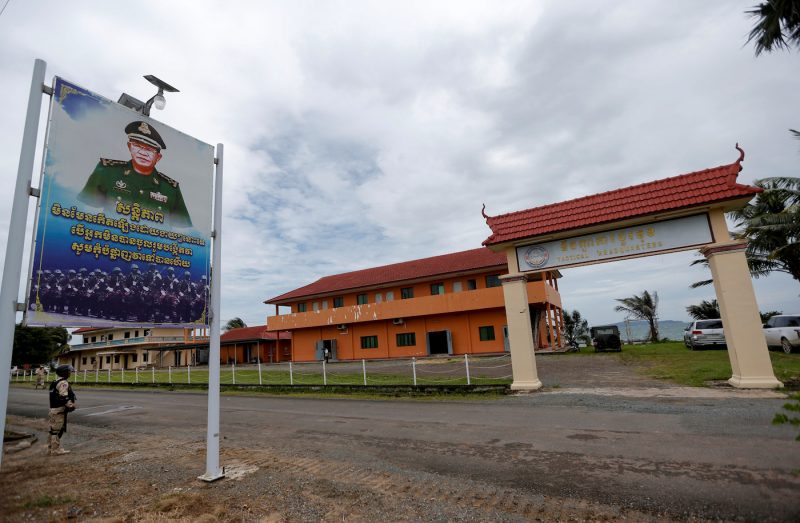
Chinese and Cambodian officials denied the reports, and Cambodian defense officials took journalists on what was described as a "stage-managed visit" to the base to show there was no Chinese presence, though the areas on display were reportedly limited.
The US and other countries have sounded the alarm about what they see as a growing Chinese presence in the region, pointing to a series of deals along the Pacific and Indian ocean coasts.
While the deals have ostensibly focused on infrastructure and economic activities, observers suspect China has military designs - a concern underscored in Djibouti, where China opened its first overseas base in 2017, though Beijing calls it a "logistics support facility."
"A lot of the strategy we've seen is the Chinese are trying to create a ring from essentially their coastline, the South China Sea, all the way down through the Indian Ocean and down to East Africa," Ben Rhodes, deputy national security adviser during the Obama administration, said on a recent podcast.
"If you look at Cambodia, and then the Chinese are building a big port in southern Myanmar ... then they have a lot of interest in Sri Lanka, [an] island country off the coast of India, then they have this base in Djibouti - it's not hard to see the kind of dotted line that connects a lot of this infrastructure they're building," Rhodes said.
"Some of these are outright military facilities, like in Djibouti," Rhodes added. "Some of these begin as infrastructure projects, ports, that then become used for military purposes."
'Clearly there's something else that's going on'
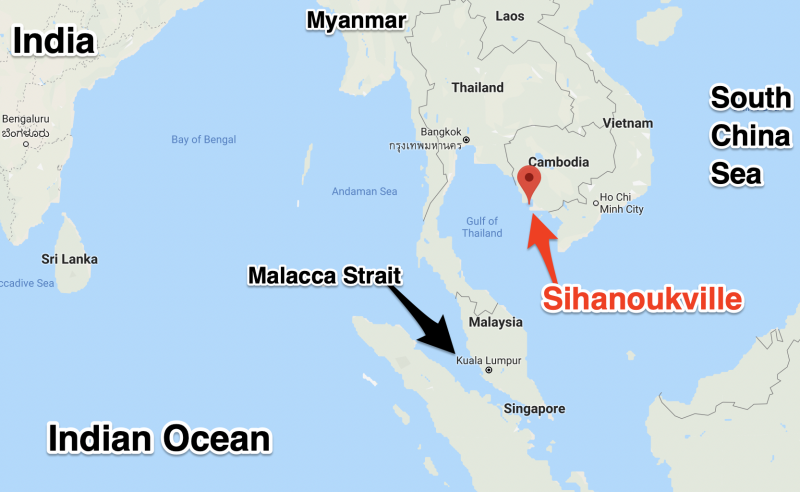
The deal for Ream and Chinese construction of an airport that could handle long-range bombers and military transports at Dara Sakor, an investment zone about 40 miles northwest of the port, has raised concern about Beijing extending the reach of its military.
The company building the airport says it's purely commercial, but it has attracted attention as a potential "dual-use" facility.
"The Chinese have claimed, as they've claimed in other aspects of dual-use facilities, that this is totally economic and is tied to ... Dara Sakor," Prashanth Parameswaran, senior editor at The Diplomat, said of construction around Ream on a recent podcast.
"All the estimates that I've seen are [to] the fact that any kind of economic investment opportunity in this area, when you compare that to what is actually being built, with respect to satellite imagery, it's not enough to support any kind of civilian or economic opportunity in and of itself," Parameswaran said. "So clearly there's something else that's going on."
US officials believe that something could be military in nature.
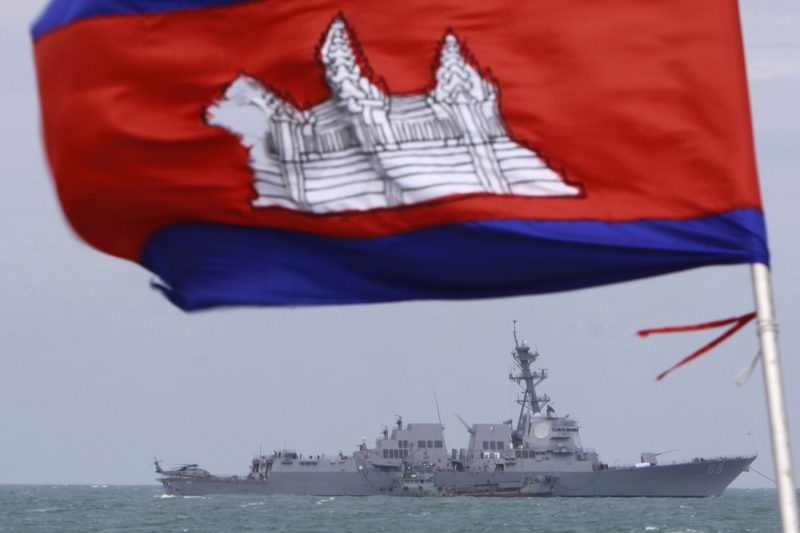
Coupling a Cambodian outpost with Chinese military facilities on islands in the South China Sea would essentially create "a triangular perimeter boxing in all of mainland Southeast Asia," Charles Edel, former adviser to the US secretary of state, told The Journal.
A US official also told The Journal that a Chinese military presence at either facility would "greatly complicate" the US's ability to come to Taiwan's assistance in a conflict.
Gregory Poling, director of the Asia Maritime Transparency Initiative at the Center for Strategic and International Studies, said a Chinese base in Cambodia was unlikely to resemble Beijing's outposts in the South China Sea, comparing it instead to the Djibouti facility, "which allows a modest Chinese rotational presence."
While details of any deal remain unclear, Poling said in an email, "the base doesn't give China much power-projection capabilities over the South China Sea that it doesn't already have."
"But it could certainly allow Beijing to project power, especially air power, over the Gulf of Thailand, Strait of Malacca, and Andaman Sea in a way it couldn't before," Poling said, adding that projection isn't the same as "control" and that others in area - like the US and India - have their own power-projection capabilities.
US officials are debating whether Cambodia can be convinced to change its mind about the base and reverse what is seen as a shift away from the US and toward Beijing. (A sign something was amiss at Ream, where the US and Cambodia have done military exercises before, came when Phnom Phen suddenly turned down a US offer to repair facilities there.)
'A destabilizing development'
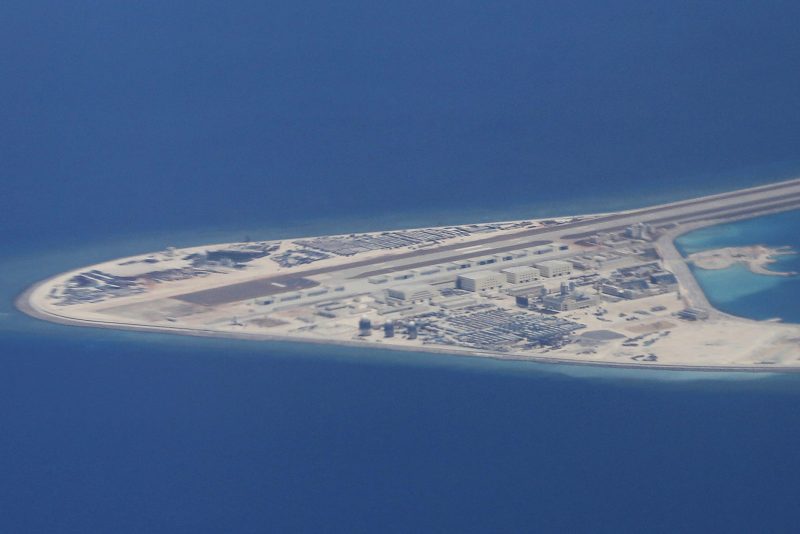
News of a potential deal likely has others reevaluating where they stand.
Vietnam and Thailand will be concerned about a growing Chinese military presence in Cambodia, Parameswaran said.
"These are two powers that have wanted significant attention and significant influence in mainland Southeast Asia, so this is something that not only affects the balance of power when you think about the United States and China. It also affects how mainland Southeast Asian countries react with each other, and I think in the last few years the Chinese inroads in Cambodia have also alarmed both Thailand and Vietnam."
Thailand is a treaty ally and now has an elected government that would allow it to pursue closer cooperation with the US, if the Trump administration is open to that, Walter Lohman, director of the Asian Studies Center at the Heritage Foundation, said in an email.
Vietnam's situation is more difficult, given its complicated ties with China. Its government can reach out to Beijing directly but will face internal pressure to do more with the US; it could also appeal to Russia, Lohman said.
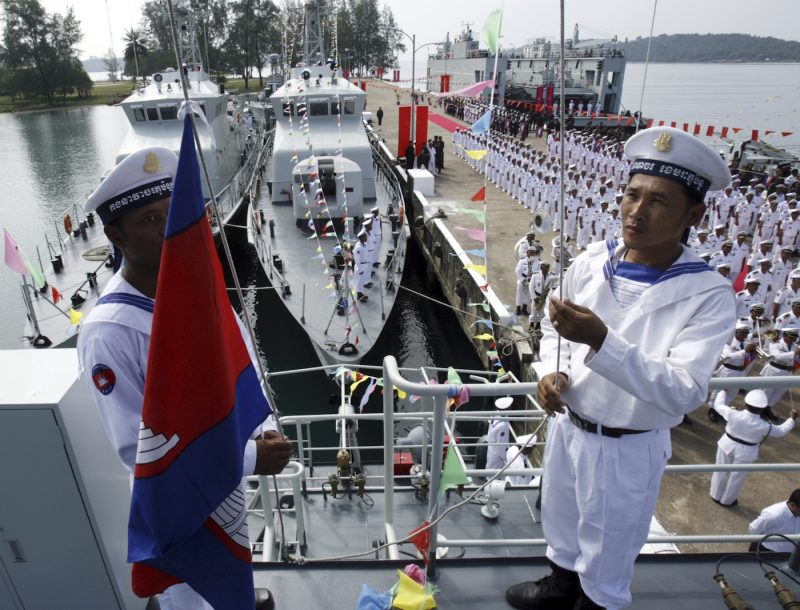
While details of any naval base deal remain unclear, "it would be a destabilizing development" and is one that doesn't entirely make sense from China's perspective, Lohman added.
Beijing has built a "significant political-security relationship" with Thailand over the last 30 years, while closer relations with Cambodia have yielded "a lot of diplomatic payout."
China could continue denying reports about a base in Cambodia in order to keep its options open, Lohman said, but a Chinese presence a Ream would likely squander ties Beijing has built in the region.
"Why build a base and complicate the relationship with the Thais when you're already getting so much out of current arrangements?" Lohman said. "If the stories are true, I think the Chinese are overplaying their hand."
